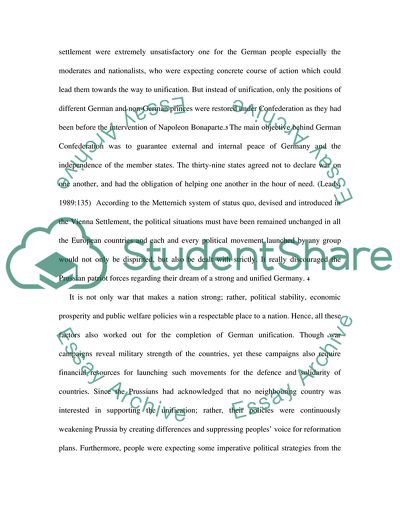Cite this document
(“German unification Essay Example | Topics and Well Written Essays - 1500 words”, n.d.)
Retrieved from https://studentshare.org/miscellaneous/1542043-german-unification
Retrieved from https://studentshare.org/miscellaneous/1542043-german-unification
(German Unification Essay Example | Topics and Well Written Essays - 1500 Words)
https://studentshare.org/miscellaneous/1542043-german-unification.
https://studentshare.org/miscellaneous/1542043-german-unification.
“German Unification Essay Example | Topics and Well Written Essays - 1500 Words”, n.d. https://studentshare.org/miscellaneous/1542043-german-unification.


